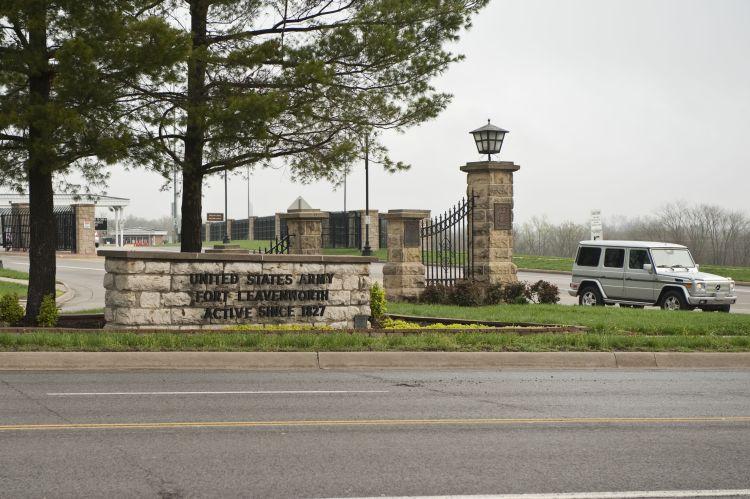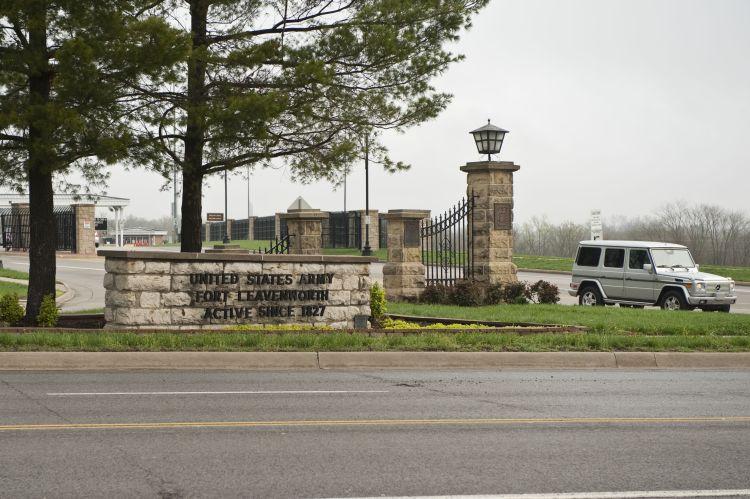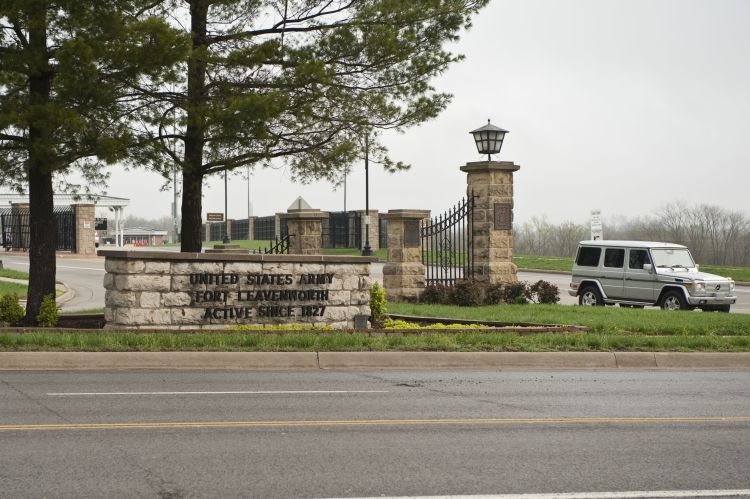Afghan Massacre Families Get $50,000 in Compensation
The U.S. military is to pay the Afghan families who lost loved ones in the mass shooting.

A vehicle leaves from the main entrance to the U.S. Army's Fort Leavenworth March 22, in Leavenworth, Kansas. Army Staff Sgt. Robert Bales, accused of a shooting rampage that killed 16 people in Afghanistan, is being held at the military prison at Fort Leavenworth. Photo by Julie Denesha/Getty Images
|Updated:





